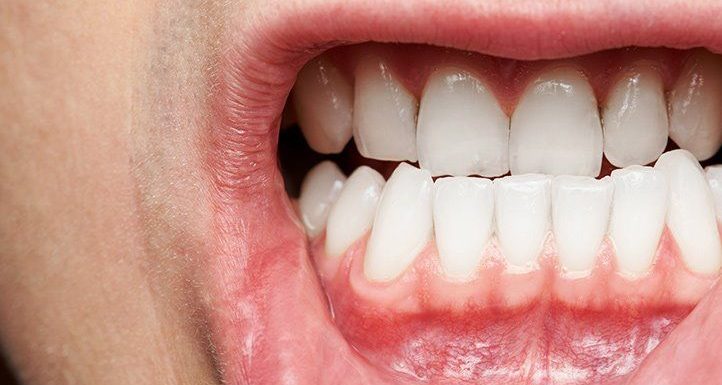
The deterioration of teeth is a continuous process. Plaque is formed when bacteria naturally present in the mouth mix with saliva and food particles. When bacteria break down foods, especially those high in sugars and carbohydrates, they generate acid. The acid eats away at the enamel, the tooth’s hard protective surface. Tooth decay can cause sensitivity and pain.
Tooth decay symptoms
Tooth decay may not be painful. If you have dental caries, however, you may have:
- Toothache – either a constant throbbing pain that keeps you up at night or an occasional severe discomfort with no evident cause.
- Tooth sensitivity – when eating or drinking something hot, cold, or sweet, you may experience soreness or pain.
- The appearance of grey, brown, or black patches on your teeth
- Unpleasant breath– a nasty taste in your mouth
Bacteria, viruses, and fungus are all found in your mouth cavity. Some of them belong there, as part of your mouth’s normal flora. In modest amounts, they’re usually harmless. A high-sugar diet, on the other hand, promotes the growth of acid-producing bacteria. This acid eats away at tooth enamel, causing cavities.
Bacteria on the gumline Plaque, a sticky matrix, allows bacteria to grow. If plaque isn’t eliminated consistently with brushing and flossing, it builds up, hardens, and migrates along the length of your tooth. Gingivitis is a disorder that occurs when your gums get inflamed.
Grinding or clenching the teeth can lead to discomfort, dental damage, and loose teeth. Jaw and face muscle pain are also possible. Chipped or fractured teeth, as well as tooth loss, can be caused by trauma. Toothaches can also be caused by sinus or ear infections, and they can be a sign of a heart attack if they occur in conjunction with other symptoms. Many other illnesses can also produce dental symptoms.
Dental symptoms can be caused by a variety of factors. Various habits that contribute to tooth decay can cause dental symptoms, including:
- Snacking in between meals
- Eating or drinking high-sugar or high-starch foods
- Consumption of sticky foods
- A lack of dental treatment a lack of dental care a lack of dental care a lack
To see more such symptoms click here. Tooth loss is a possible side effect of dental symptoms, but it can be avoided if issues are identified and treated early. Even a knocked-out tooth can be saved on rare occasions. To assist boost your chances, keep the tooth wet, preferably in your mouth, and seek medical attention right away. Infections that emerge from this can be dangerous. Failure to seek treatment can result in serious complications and permanent damage because dental symptoms can lead to or be caused by serious diseases.
Despite the fact that tooth decay is a widespread concern, it is often completely avoidable. Keeping your teeth and gums as healthy as possible is the greatest method to avoid dental decay. Cut down on sugary and starchy food and drinks, particularly between meals or within an hour of going to bed.

